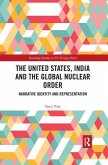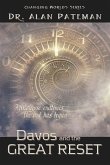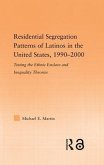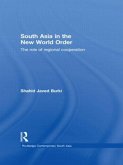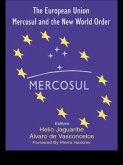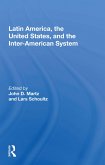This book evaluates the current state of world (dis)order at a time of growing populism, nationalism and pandemic panic. It distils the implications of the 'civilisational state' for world order. The retreat of US leadership is mirrored by the decline of both the material and normative liberal multilateral infrastructure it supported. Meanwhile, the rise of China as a challenger is accompanied in political, economic and cultural terms by other emerging powers no longer bound to the norms of 20th century world affairs, notably Turkey, India, China and Russia. By emphasising a cultural lens of analysis alongside robust political and economic analysis, the author offers a prescriptive agenda for the coming post-pandemic age that recognises the changing powers of civilisational, state and hybrid non-state actors. Without overestimating their probabilities, he outlines prospects and preconditions for effective inter-civilisational dialogue and proposes a series of minimal conditions for a multilateral 'reset'. This book will appeal to public and private decision-makers, the media, the educated lay public and civil society actors interested in the rise of civilisational politics and its possible consequences for world affairs. It will be of particular interest to students and researchers in the fields of politics, international relations, international political economy, geopolitics, strategic studies, foreign policy and social psychology.
Hinweis: Dieser Artikel kann nur an eine deutsche Lieferadresse ausgeliefert werden.
Hinweis: Dieser Artikel kann nur an eine deutsche Lieferadresse ausgeliefert werden.


